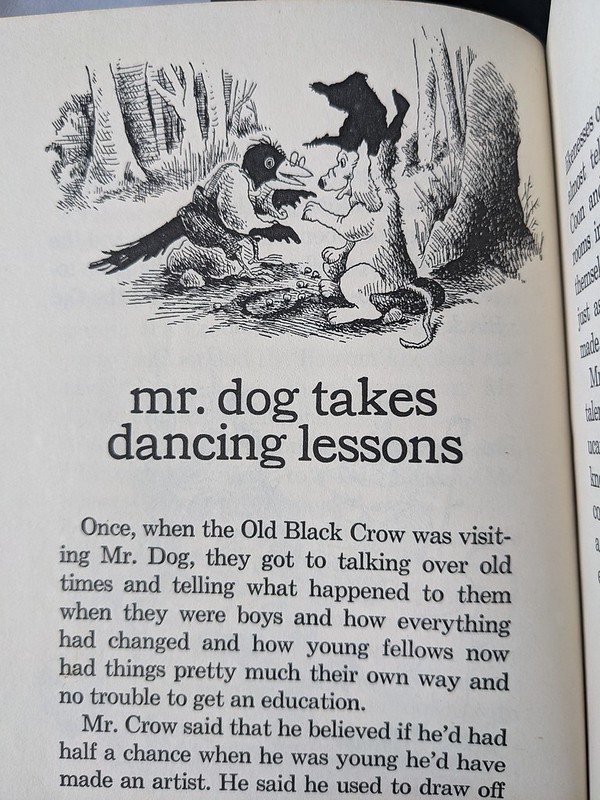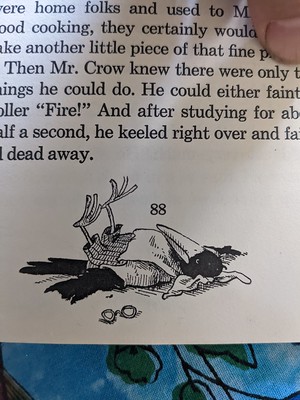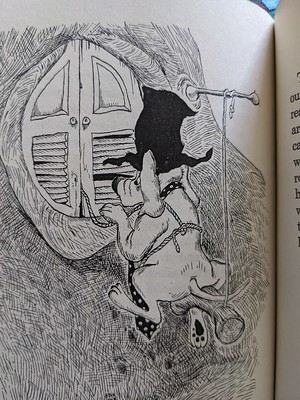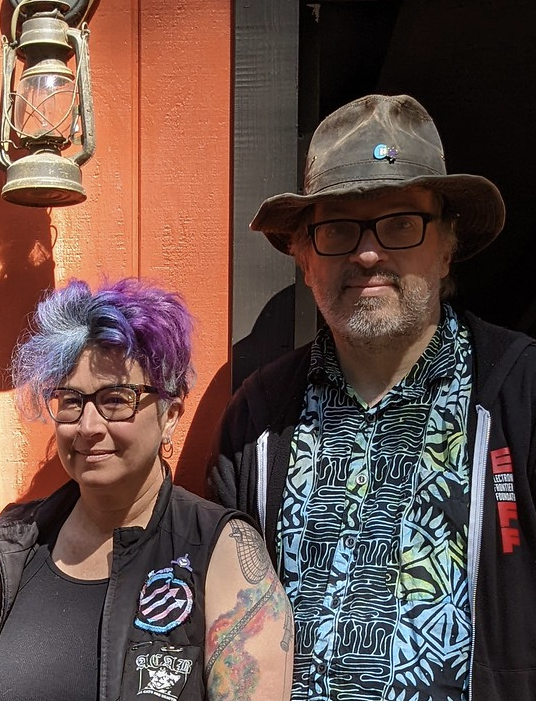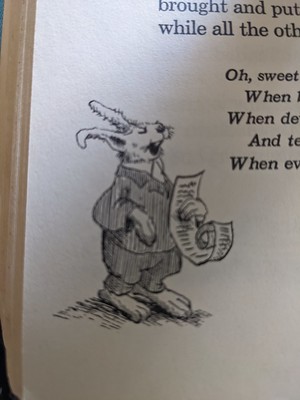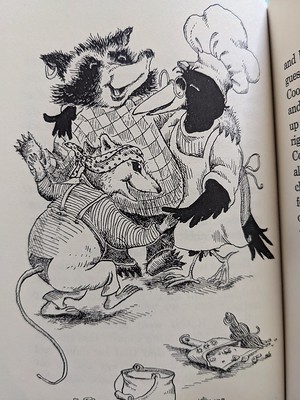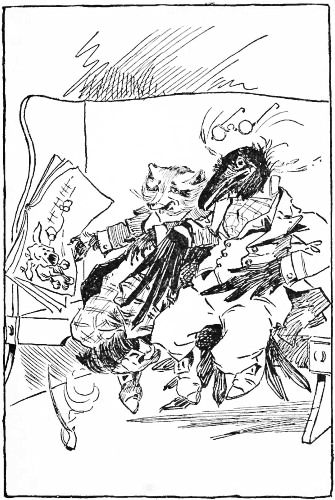Morning book – Cid Corman
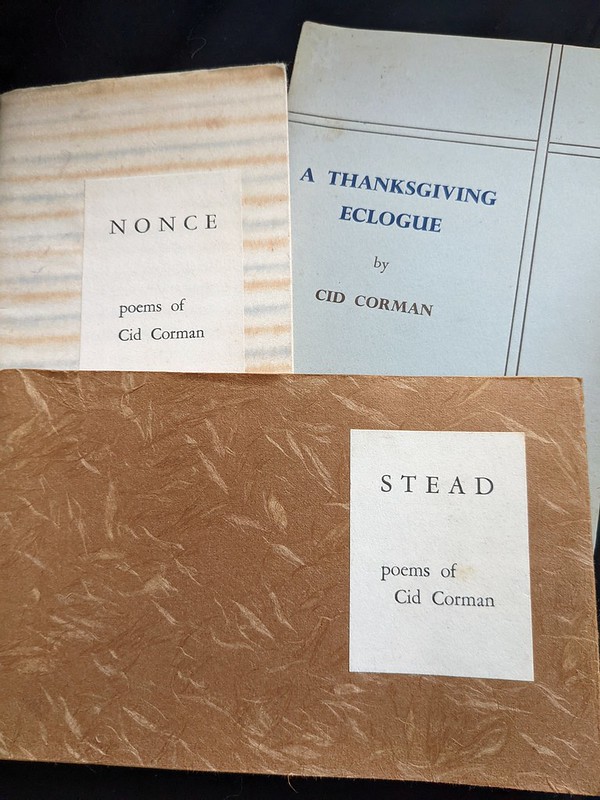
Found in my basement after years of being in storage – a handful of tiny books by Cid Corman. I got these at the estate sale of a University of Texas professor who had just died probably in 1986 or 1987 – I remember riding my bike to follow signs to the sale and then being absolutely in love with this woman and her books and all her things, and being sad she was dead and I would never know her. I could only afford a few books and a velvet pillow with a siamese cat print. I have forgotten her name but I think it was Elizabeth something. The books bear labels from the Ruth Stephan poetry center.
The feel and look of these few booklets inspired me in printing later books for Tollbooth Press (and sometimes Catalyst Press) like Woodbird Jazzophone and Inamorata. They are handmade, but stapled, not hand-sewn, with the beautiful textured paper folded around the print booklet in dust jacket style.
Stead is a collection of short poems, beautifully typeset and bound in soft thick brown paper with almost iridescent wood fibers. It’s dated 29 May 1966, Utano.
I like this little gem – We don’t need to even know what the quote refers to!
“So
slow the rose . . .”All-at-once
light!
And this is lovely too,
Three small girls
in Sunday dress
racing downthe street to beat
each other –
I can guess – tothe candy
store – forgetful
there who won.
At the time when I read these, I had already gone looking for poetry translated from Japanese from various anthologies – definitely including A Book of Women Poets From Antiquity to Now, which I bought in the Brown University bookstore on a family trip in early high school and studied till it fell apart, and then in the various paperbacks edited by Kenneth Rexroth and whatever else I could find. (As I had read quite a lot of English and American lit by early high school, and decided it was a goal of my life to read work from everywhere and everywhen else.)
I think David Wevill told me to read Basho and other Japanese poets in translation. We would talk in his dimly lit office about short poems vs. long poems, Ezra Pound, imagists, Garcia Lorca, translating from Spanish, and all sorts of stuff I wish I could remember better, but which I’m sure sunk in deeply. David was very kind and gentle to me at a turbulent time in my life and gave me a point of stability, letting me sign up over and over for “independent study” poetry courses with him. Without that, I am sure I never would have graduated from university.
Nonce is another tiny book bound in beautiful shimmery paper with faint brown and blue stripes.
As the sun
lights mountains,
the child’s handlifts to its
grandmother’s
thoughtlessly.
A treasure,
Someone will
sweep the fallen
petals awayaway. I know,
I know. Weight of
red shadows.
But I have to say, the book is immortal to me for this poem surrounded by evanescent little dreams of willows and cherries and the moon,
No one here,
time for a
good slow shit.
Imagine how this would have made Nettelbeck laugh! Anyway, it makes me laugh.
In this little trove originally (though, still lost in my files for now) was a mimeographed translation of Liu Xie’s Wen Fu. I wrote to Corman, though I have no memory of how I found his address, pre-web, asking for permission to make a zine of his translation (and praising his work, and likely sending him poems as well) and he wrote me back giving me permission very charmingly. Maybe David Wevill had his address. Periodically I find this letter and resolve to publish the translation and then lose the whole folder of stuff again somewhere in my papers.
Later (I think) I read a bunch of Origin and got the big paperbacks collecting work from the magazines. And realized there was some connection with Lorine Niedecker (who was connected somehow to the “Minor Poets” I was hanging with in the 00s on the Peninsula and in San Jose).
Corman gets some criticism for translating or co-translating without knowing any of the source language, but I think he does amazing work and I’m a fan of co-translation (having done it myself with Yehudit Oriah on her book Mandala). Of course that is a somewhat controversial take and I also know it can be done with ridiculous disrespect and disregard for a culture and language.
As I re-encountered these books which surely were not printed in any great numbers or distributed with an eye to the mass market I feel a surge of affection for Corman across time. He sent these little books out into the world and by random chance they ended in the hands of a young poet and publisher (me). My books that have some echoes of or roots in this paper encounter, if only in their printing and binding and philosophy, are probably the (much later) Short, artless, and Woodbird Jazzophone. Which you can now read as ebooks!
I’ll write about the other Corman books (and the translation) another morning.
